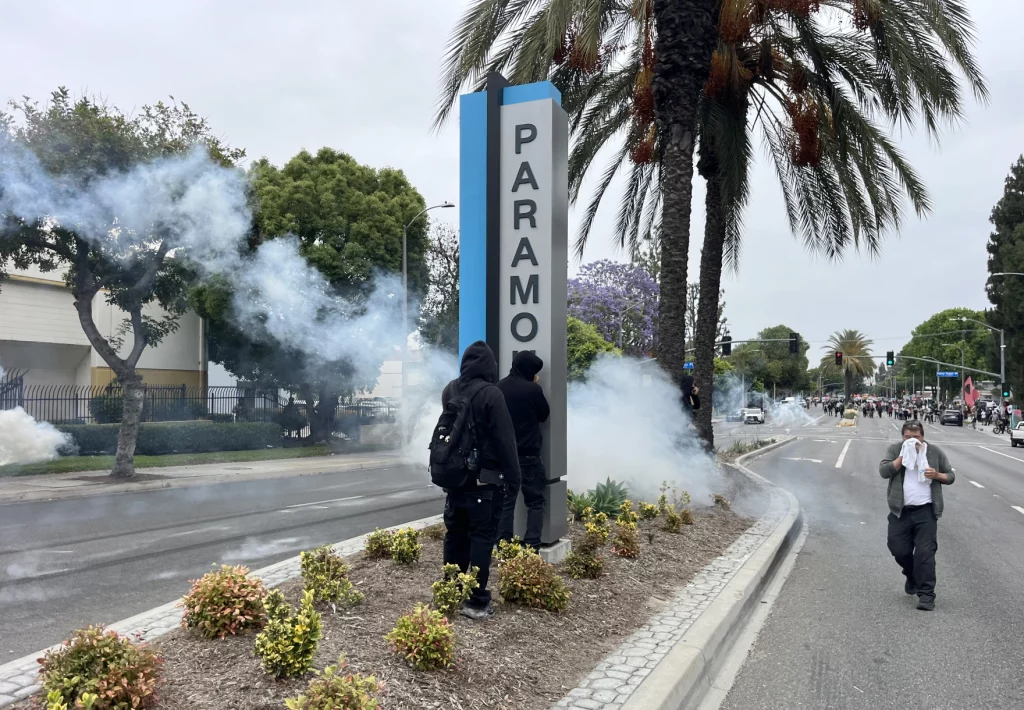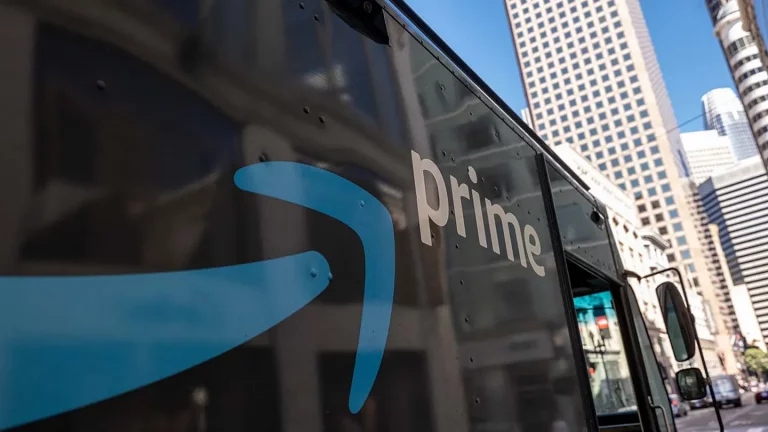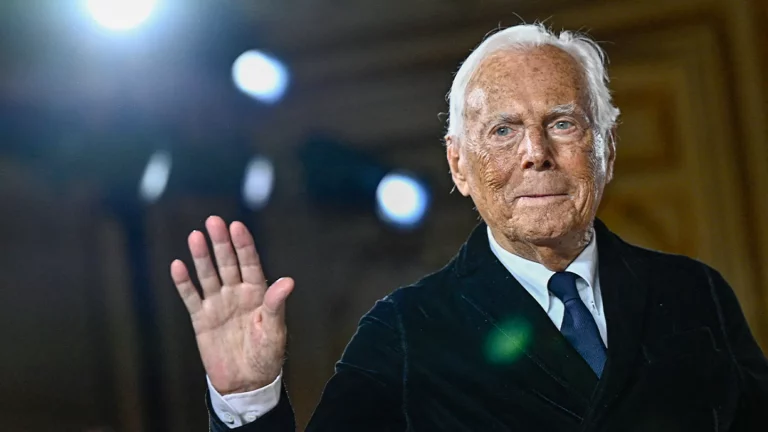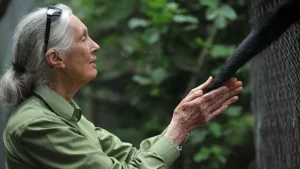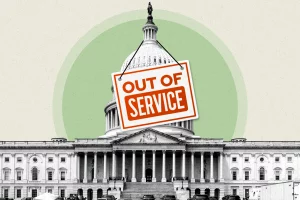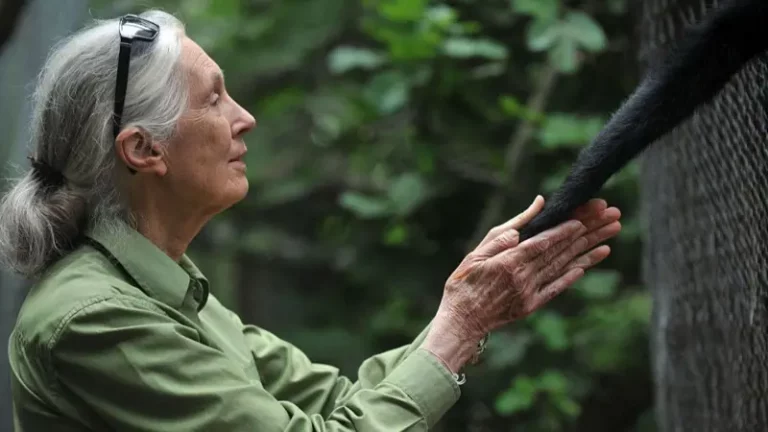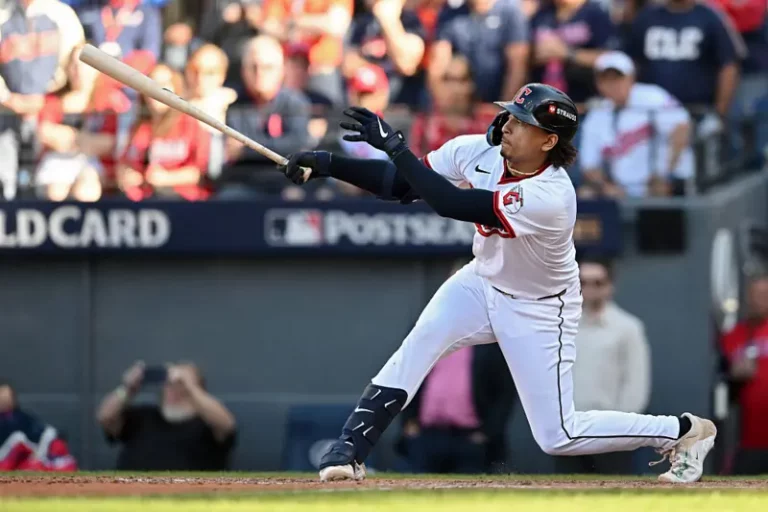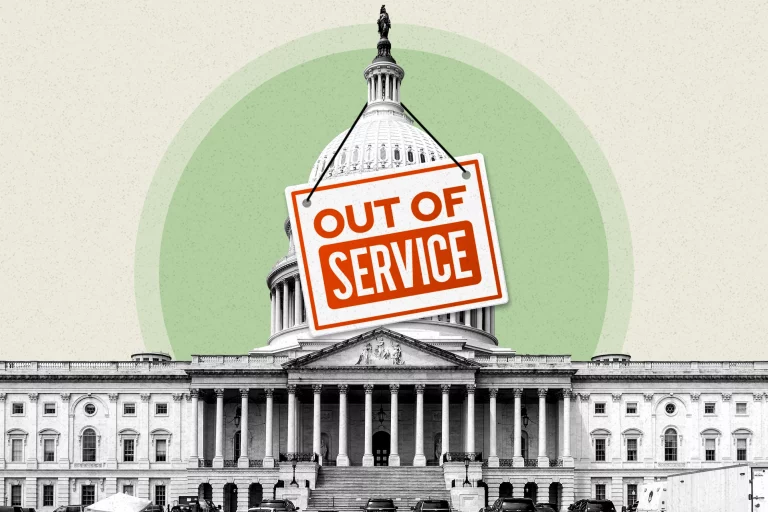High court sides with Trump, clears way for renewed LA immigration sweeps
The Supreme Court granted the Trump administration’s emergency request to lift a temporary restraining order that had barred federal immigration officials from conducting “roving patrols”
And profiling people based on appearance in Los Angeles and Southern California. The court’s action lets Border Patrol agents resume aggressive street sweeps that began in early June in LA. Which officials say are part of the administration’s mass deportation campaign.
A 6–3 majority agreed the agents may briefly detain and question people about their immigration status. And may use a “totality of circumstances” test. Everything an officer knew and observed at the time — to form reasonable suspicion. The case moved quickly through the court’s emergency, or “shadow,” docket. Where decisions are often made with limited briefing and no oral argument.
What the court’s ruling means and why it matters
- The decision allows agents to rely on a mix of factors when deciding whether to stop and question them. Including where someone is standing and what language they speak
- Justice Brett Kavanaugh filed a concurring opinion explaining that such factors can be considered together. He wrote that ethnicity alone cannot furnish reasonable suspicion but may be a “relevant factor” when combined with other indicators. In his view, relevant circumstances include a high number of undocumented immigrants in the LA area and their tendency to gather in specific locations to seek day work.
- The three Democratic-appointed justices dissented, criticizing the use of the emergency docket and the lack of full briefing or oral argument. Justice Sonia Sotomayor wrote that the decision was a “grave misuse of our emergency docket” and warned it could allow the government to seize “anyone who looks Latino, speaks Spanish, and appears to work a low wage job.”
Local leaders and civil-rights groups push back
Los Angeles and dozens of nearby cities warned the court the government’s criteria would cast too wide a net; in an amicus brief they wrote that “half the population” of the region could meet the federal government’s stop criteria. Gov. Gavin Newsom condemned the ruling in a written statement and called the decision an attack on Californians, saying it targets Latinos and anyone who “doesn’t look or sound like Stephen Miller’s idea of an American.”
Civil-rights and immigrant-rights groups — including the ACLU and United Farm Workers — had backed the restraining order. Arguing the LA-area raids allowed agents to stop people. Purely because they appeared Latino, spoke Spanish, or worked certain jobs. A 9th Circuit panel earlier upheld the lower court’s finding that agents had sometimes relied solely on such traits when making stops.
Examples of enforcement that alarmed communities
Despite earlier court limits, agents continued aggressive enforcement in Los Angeles. One operation saw about 40 agents at a Westlake Home Depot using tear gas and pepper pellets before detaining eight people. The same location where agents previously staged a raid video dubbed Operation Trojan Horse. Under Operation-At-Large Chief Gregory Bovino, Border Patrol has detained Latino day laborers and swarmed Home Depots and carwashes across the city. And Bovino has said he plans to bring similar tactics to other cities.
Legal and political fallout from the Supreme Court ruling
- The Department of Homeland Security argued that the district court’s injunction interfered with agents’ ability to remove unauthorized immigrants. And risked chilling enforcement by threatening sanctions for stops that lacked additional supporting facts.
- Critics say the district court had found a “mountain of evidence” showing a pattern of stops without reasonable suspicion. And that lifting the injunction lets agents rely on little more than a person’s presence in a parking lot and speaking Spanish to justify questioning.
- The case highlights broader debates over immigration enforcement and civil rights. And comes as the Supreme Court has sided with the Trump administration in an extended run of emergency rulings this year.
Voices on both sides of the split
Supporters of the restraining order argued the raids have “sown terror” in communities and that race-based enforcement undermines belonging for Latino communities for generations. Kevin R. Johnson of UC Davis warned that race-based enforcement has consequences beyond immigration law and weakens integration efforts. Opponents — including the administration — said the injunction usurped executive authority. And stymied efforts to enforce immigration laws.
What to watch next
With the Supreme Court allowing roving patrols to resume, cities and civil-rights groups may pursue additional legal responses. Meanwhile, Los Angeles residents will directly feel the impact of the ruling. As agents continue tactics that local officials and advocates say amount to racial profiling and community terror.
Follow TNN for continuing coverage of supreme court news, supreme court rulings. And developments on immigration enforcement. Stay with us for US news today and Canada news today.

